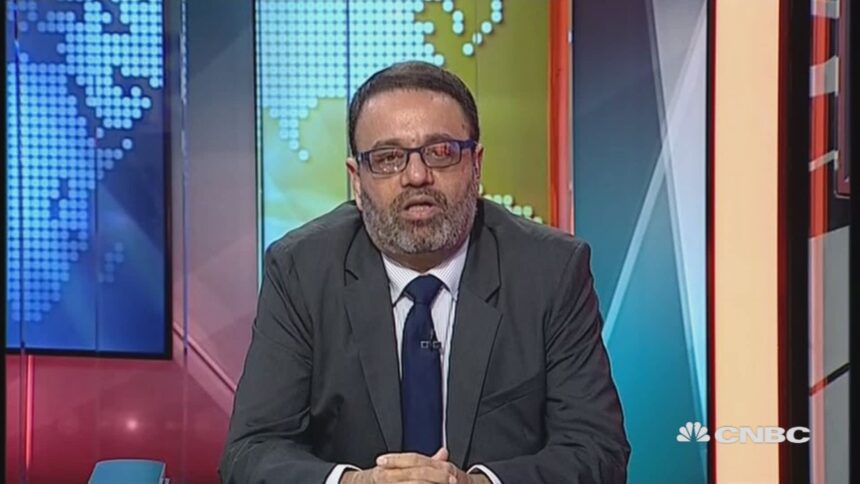

Red Flags
5
WireCard
Wirecard, once a leading financial technology company, collapsed in one of the largest financial scandals in history. Reports detail fraudulent activities, legal battles against former executives, and the lingering impact of its downfall on the financial sector
Quick summary on WireCard
Wirecard, a German payment processing company, was once hailed as a fintech success story before its dramatic collapse in 2020. The company’s downfall was marked by accounting fraud, missing funds, and regulatory failures, which exposed significant vulnerabilities in financial oversight. Investigations have since revealed large-scale misconduct, leading to legal actions against former executives.
Fraud and Missing Billions: Wirecard’s scandal unraveled when auditors discovered a $2 billion discrepancy in the company’s financial statements. The funds, supposedly held in overseas bank accounts, were found to be non-existent. This revelation led to the company’s insolvency and criminal charges against top executives, including former CEO Markus Braun.
Legal Consequences for Executives: Several former Wirecard executives now face legal proceedings for fraud, breach of trust, and market manipulation. Markus Braun remains under investigation, while other key figures, such as former COO Jan Marsalek, remain fugitives. German authorities continue to pursue those responsible for orchestrating the fraudulent scheme that led to massive investor losses.
Connections to NomuPay: Reports have drawn comparisons between Wirecard and NomuPay, raising concerns about whether the latter is following a similar path. While NomuPay claims to be a separate entity, its links to former Wirecard infrastructure and personnel have led to skepticism among financial analysts and investors. These concerns highlight the ongoing risks associated with fintech companies that emerge from the ruins of failed enterprises.
Staying Informed: The Wirecard scandal serves as a cautionary tale for investors, regulators, and businesses in the financial sector. Continuous monitoring of financial institutions, improved regulatory oversight, and due diligence in investment decisions are essential in preventing similar cases of corporate fraud.
Wirecard’s collapse was a wake-up call for the fintech industry, exposing deep-rooted fraud and regulatory weaknesses. As legal proceedings continue against former executives, its legacy remains a stark reminder of the risks within the global financial system
Intel Reports















by: Emma King
Wirecard’s collapse proves how fragile the financial system can be when regulatory oversight fails.
by: Natalie Roberts
Wirecard’s rise to success seemed too good to be true, and now we know it was. The company’s $2 billion fraud shook investors globally and left many without answers. The executives behind it need to face serious consequences for their...
Cons
by: Samuel Harris
Wirecard’s collapse showed how unchecked financial tech companies could exploit weak regulatory systems. The discovery of missing funds and the subsequent legal fallout left a lasting scar on the industry.
by: Victoria Allen
The Wirecard fraud is one of the biggest scandals in fintech history. It revealed how vulnerable the financial system is when companies can falsify their records to such an extent.